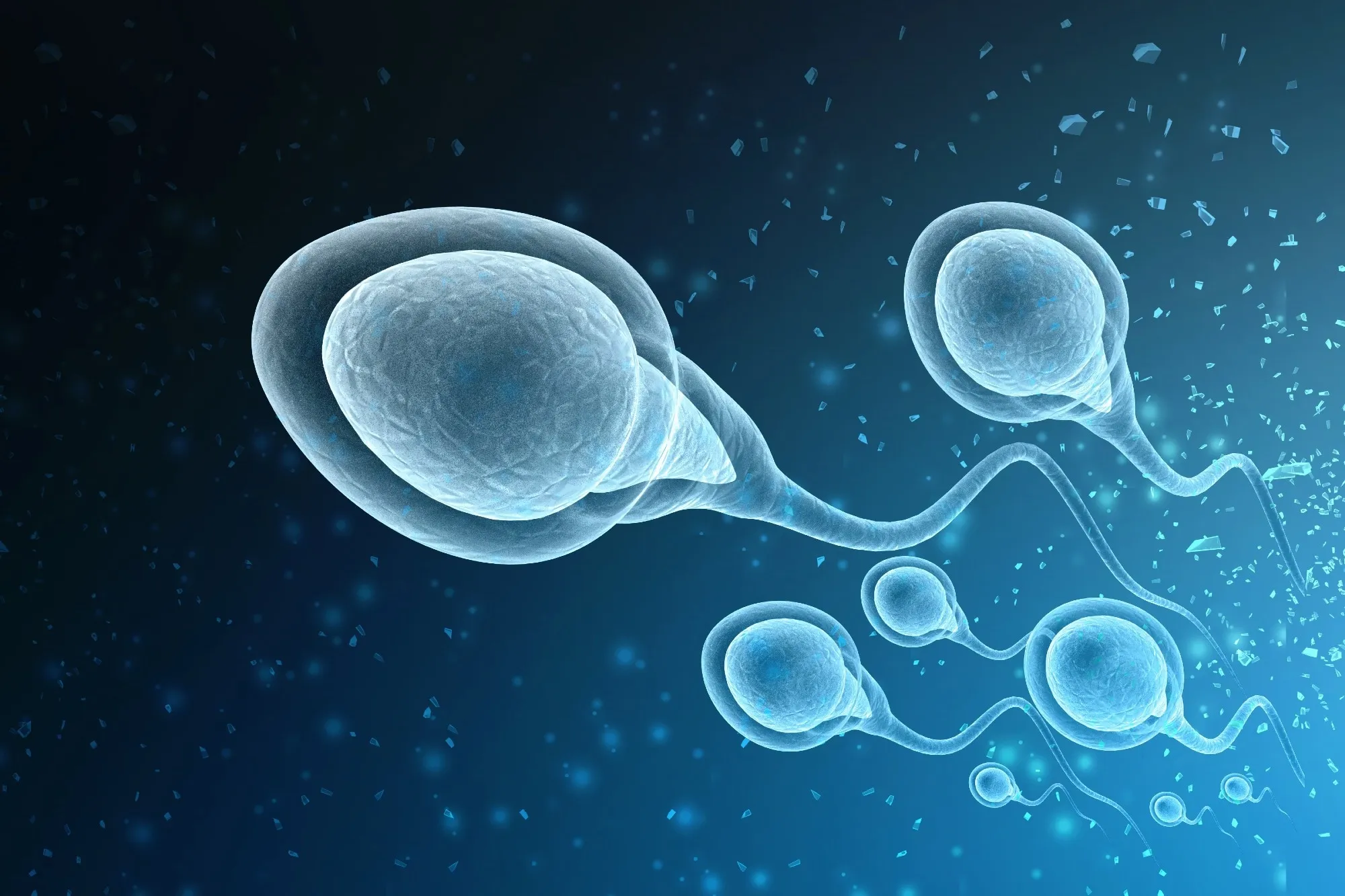COVID-19 and Its Impact on Male Fertility and Reproductive Health

Impacts of SARS-CoV-2 on Semen Quality
The ongoing pandemic has raised concerns regarding coronavirus disease COVID-19 and its unforeseen implications on male fertility. A recent study reveals that SARS-CoV-2 infection has been linked to a significant reduction in semen quality, further demonstrating how the virus influences hormone levels.
Hormonal Changes Observed
This investigation indicates that angiotensin and other enzymes affected by the coronavirus can lead to alterations in key reproductive hormones including estrogen, testosterone, and prolactin. The fluctuations in these hormones are critical for reproductive health, revealing a complex connection between respiratory issues and male fertility.
- Semen morphology adversely affected
- Leukocyte count increases
- Potential for partial recovery observed after treatment
The Path Forward
Continued research into SARS-CoV-2 and its implications on male reproductive health is essential. Addressing these findings can pave the way for enhanced treatment and recovery protocols in affected individuals.
This article was prepared using information from open sources in accordance with the principles of Ethical Policy. The editorial team is not responsible for absolute accuracy, as it relies on data from the sources referenced.